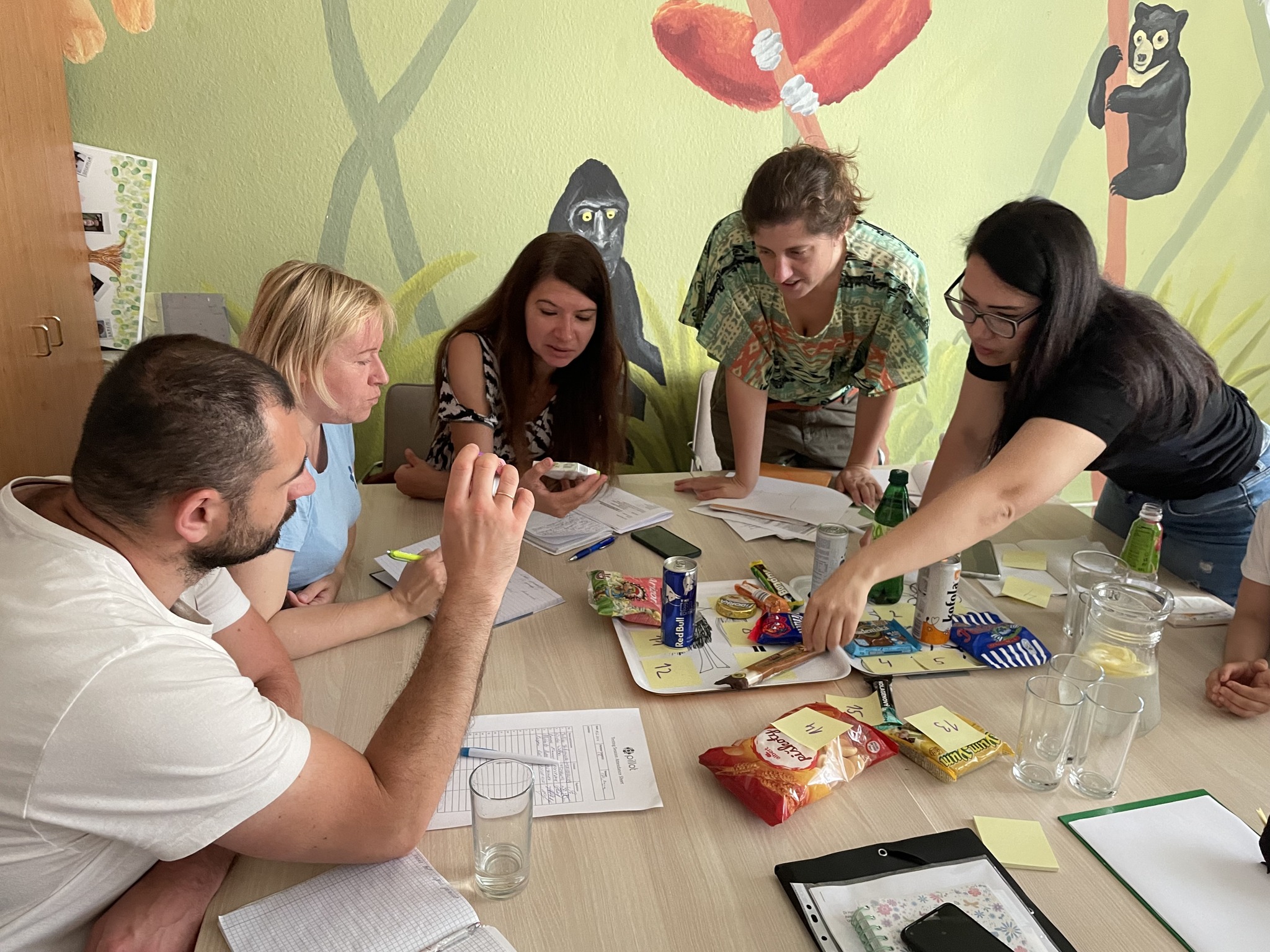
Linguistic and cultural educational activities for foreigners have already started
The second half of 2024 will be dedicated to intensive practical testing sessions in all partner countries within this Erasmus+ project titled “Promoting inclusive language learning opportunities through local culture and heritage for learners with refugee and migrant backgrounds”.
The consortium put together and selected 17 activity approaches and activities for connecting cultural heritage and language learning for adult learners with migrant and refugee backgrounds.
These methods will be put into practice, tested, and evaluated in all 5 partner countries. In Poland, the Museum of Warsaw will be implementing selected activities in their museum space and exhibitions, enabling learners to explore and embrace the cultural heritage of Warsaw on their own terms and perspectives.
In the Transylvanian Museum of Ethnography, the local Romanian team of educators and curators will focus on activities implemented in an outdoor open air museum space to help learners explore Romanian folk culture, customs and legends, and consequently learn Romanian.
The Italian team of Stazione Utopia will be testing several activities and putting them in the contexts of natural cultural heritage in Florence, supporting learners to use Italian in practice, and at the same time create one’s own views on the local cultural heritage.
In the Czech Republic, Centrum demokratického vzdělávání will put into practice activities connecting Czech language learning with local cultural heritage in the area of folk culinary culture and traditions. Learners will get to practice Czech during activities that engage all senses.
The language school Inlingua in Luxembourg will bring their learners outdoors to get acquainted with urban space and cultural heritage while practicing language. Learners will be taken out of the regular teaching context and experience the local environment and language in a new way.
The chief idea of all the activities is an integrated learning approach.
Each local team will conduct at least 18 different workshops to ensure all suggested approaches, activities, and games are tested in diverse contexts. The chief idea of all the activities is an integrated learning approach, developing several transversal competences of learners, with the stress on linguistic and cultural competence. The testing sessions will also be carefully monitored and evaluated to enable the Pillot team put our experiences together in the upcoming good practices guide.
Are you interested in the theme and approach of the Pillot project? Are you teaching a language? Are you a guide, facilitator or educator in a cultural institution interested in new approaches and activities? Or are you a learner and would you like to get involved in our activities offered in Poland, Czech Republic, Italy, Romania or Luxembourg? Get in touch with us!